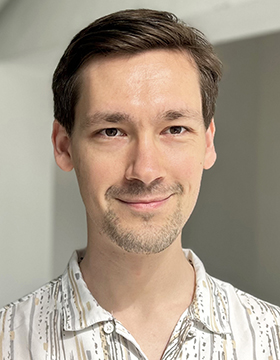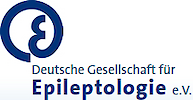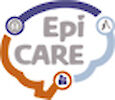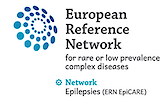A short interview with Prof. Dr. Dr. Lukas Kunz
Who are you and where are you from?
My name is Lukas Kunz. I grew up in Bonn and have lived in Freiburg and New York in recent years. A short while back, I returned to Bonn to establish my own research group at the Department of Epileptology in Bonn.
What is your field of research?
In my research, I deal with spatial navigation and spatial memory. Both are essential for orienting ourselves in our environment, finding important locations, and remembering past experiences. I am particularly interested in the neural mechanisms that form the biological basis of navigation and memory. To this end, I conduct studies where the brain activity of participants is measured while they engage in navigation and memory tasks. Furthermore, my research aims to develop a mechanistic understanding of why various conditions such as epilepsy and Alzheimer's disease lead to impairments in navigation and memory abilities. Ultimately, my goal is to contribute towards the development of therapies for treating memory impairments.
What was your scientific path up until now?
My first contact with neuroscience research occurred during my civil service period at the University Hospital Bonn. There, at the Institute for Cellular Neuroscience, I focused on pathological changes in nerve cells in epilepsy mouse models. During my medical studies, I obtained my doctoral degree at the Department of Epileptology in Bonn. My research interest involves investigations into whether adults with an increased genetic risk for Alzheimer's dementia experience impairments in the brain mechanisms related to spatial navigation. Indeed, I found that subjects with an increased Alzheimer's risk exhibited reduced activity in the nerve cells of the entorhinal cortex, which are crucial for spatial navigation. After completing my studies, I worked as a scientist at the University Hospital in Freiburg and at Columbia University in New York, in the hope of gaining insights into the neural basis of navigation and memory. Now, as a Professor of Cognitive and Translational Neuroscience, I have returned to Bonn. My research group here is supported by, among others, the Ministry of Culture and Science of the state of North Rhine-Westphalia.
Why are you especially interested in the brain functions which are responsible for navigation and spatial memory formation?
Spatial navigation and spatial memory play a central role in our lives. Without these abilities, we would struggle navigating our environment and have difficulty remembering past events. This is why it fascinates me to discover the mechanisms underlying spatial navigation and spatial memory in the human brain. Over the past few decades, significant insights have been gained as to how individual nerve cells in rodent brains are active during spatial navigation. For example, so-called "grid cells" exhibit activity in a regular pattern across different locations in space. These cells likely enable us to estimate the distances travelled. In my research, I build upon these findings from animal research and investigate whether similar nerve cells exist in the human brain and how they support human memory. This is important as it allows us to develop a more precise understanding of human cognition. Ultimately, I am interested in how brain disorders affect these mechanisms and how interventions can be developed to reduce memory impairments.
What are you particularly looking forward to during your time here in our Department?
The Department of Epileptology in Bonn is renowned for its excellent brain research and has numerous research groups dedicated to exciting research topics. I am looking forward to engaging with the scientists from different research groups and collectively developing new ideas that can advance our understanding of the human brain. Additionally, I am excited about collaborating with the doctors, neuropsychologists, medical-technical assistants, and the patients of the Department, without whom our research would not be possible.
Can you tell us what you like to do in your free time?
In my free time, I enjoy playing sports (badminton, jogging) and going to concerts or the theater.





















